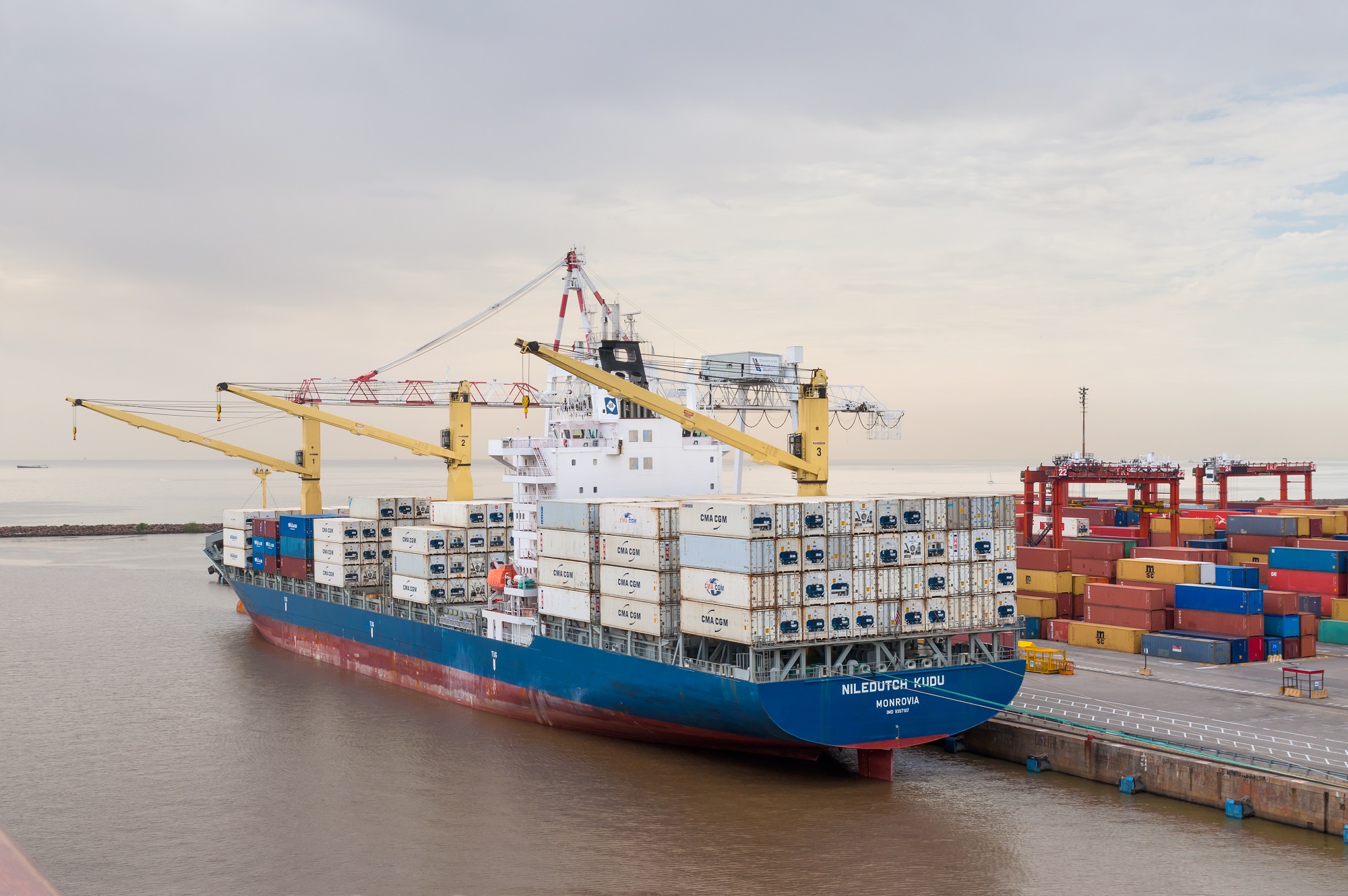Labor unrest strands more than 100 vessels at Argentine ports

Labor disputes at Argentine ports are commonplace, but the timing and length of the current labor unrest is unusual. Work stoppages in Argentina usually are short lived generally lasting a day or two until the government orders workers back to work while negotiations continue. The strikes generally occur during the peak export season in the second and third quarters of the year.
Currently, there are strikes against soybean processors and grain exporters at 22 ports in Argentina. The strike has already lasted almost two weeks and the main dispute is over salaries and benefits. Marathon negotiating sessions have not lead to a resolution. In the meantime, activity at 22 ports in Argentina remain paralyzed and farmers are unable to deliver their newly harvested wheat.
Labor leaders indicated earlier last week that over 100 vessels were waiting in Argentina to load 1.5 million tons of soybean meal, 1.1 million tons of wheat, 900,000 tons of corn, and 500,000 tons of soybean oil in addition to other products. Those volumes will continue to increase as the strike remains unresolved.
Argentina is the world’s largest exporter of soybean meal used in animal rations and soybean oil used for cooking. Even before the current strike, crushers in Argentina were having severe problems sourcing soybeans in Argentina. Argentine farmers are holding onto about 30% of last year’s soybean production as a hedge against inflation and a devaluation of the Argentine peso. As a result, crushers were operating at about 60% capacity due to a lack of soybeans.
To complicate the market situation even more, Brazil is sold out of exportable soybeans. In fact, Brazil is in the process of importing soybeans to fill the gap until the new harvest begins sometime in late January. As a result, more demand is being driven back to the United States and the prices of soybean meal have risen significantly.
The higher prices for soybean meal and corn are driving up cost for producers of beef, pork, and chicken. Brazil and the United States are the principal meat exporters in the world and livestock producers in both countries are seeing the production costs increase.
It remains to be seen how long the current labor dispute will remain unresolved. Trade unions are key supporters of the Peronist Party that took back control last year, so the new Argentine President may be hesitant to order workers back to work. Even after the dispute is resolved, it will take weeks to work through the backlog.
Another potential concern is the water level on the Parana River. It has been dryer than normal in headwaters of the Parana River and there is a concern that the water levels may drop like they did earlier this year and force vessels to leave the ports with less than full loads.
Read also
Wheat in Southern Brazil Impacted by Dry Weather and Frosts
Oilseed Industry. Leaders and Strategies in the Times of a Great Change
Black Sea & Danube Region: Oilseed and Vegoil Markets Within Ongoing Transfor...
Serbia. The drought will cause extremely high losses for farmers this year
2023/24 Safrinha Corn in Brazil 91% Harvested
Write to us
Our manager will contact you soon



